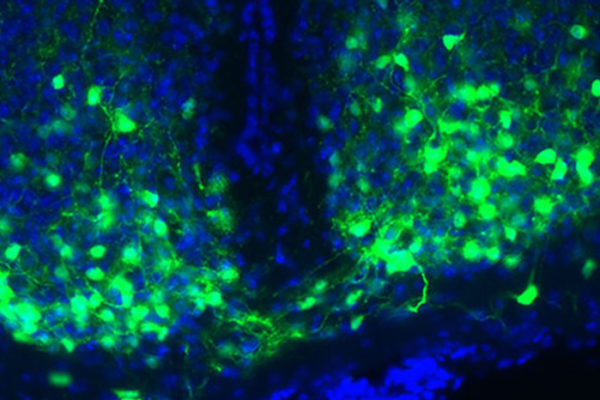WashU Expert: Brace yourself, it’s fall-back time again
Falling back is easier on us than springing forward, says Erik Herzog, a biologist at Washington University in St. Louis who has devoted his career to studying body clocks and circadian rhythms. But it is never a good idea to force our body clocks to follow abrupt changes in mechanical clocks. We should get rid of daylight savings time, Herzog says.
Encouraging diversity in the neurosciences
In an effort to increase diversity in the neurosciences, Washington University in St. Louis has received a five-year, $1.5 million federal grant to participate in a national pipeline program with that mission.
Washington University, Children’s Hospital join national network to study causes of preterm birth
Washington University, St. Louis Children’s Hospital and the March of Dimes are launching the March of Dimes Prematurity Research Center at Washington University in St. Louis.
VIP treatment for jet lag
A small molecule called VIP, known to synchronize time-keeping neurons in the brain’s biological clock, has the startling effect of desynchronizing them at higher dosages, says a research team at Washington University in St. Louis. Neurons knocked for a loop by a burst of VIP are better able to re-synchronize to abrupt shifts in the light-dark cycle like those that make jet lag or shift work so miserable.
A+ in outreach: Neuroscience students share enthusiasm about brain science
Some students enrolled in the
Cognitive, Computational and Systems Neuroscience (CCSN) pathway, are sharing their love of science and improving communication skills through community outreach. CCSN is a
specialization for graduate students in psychology, neuroscience and
biomedical engineering. The students are coaching low-income area teens for an international competition called the Brain Bee, and participating in many events, including the Nov. 10 Amazing Brain Carnival held at the St. Louis Science Center. The free event introduces the public to brain science research in St. Louis.

